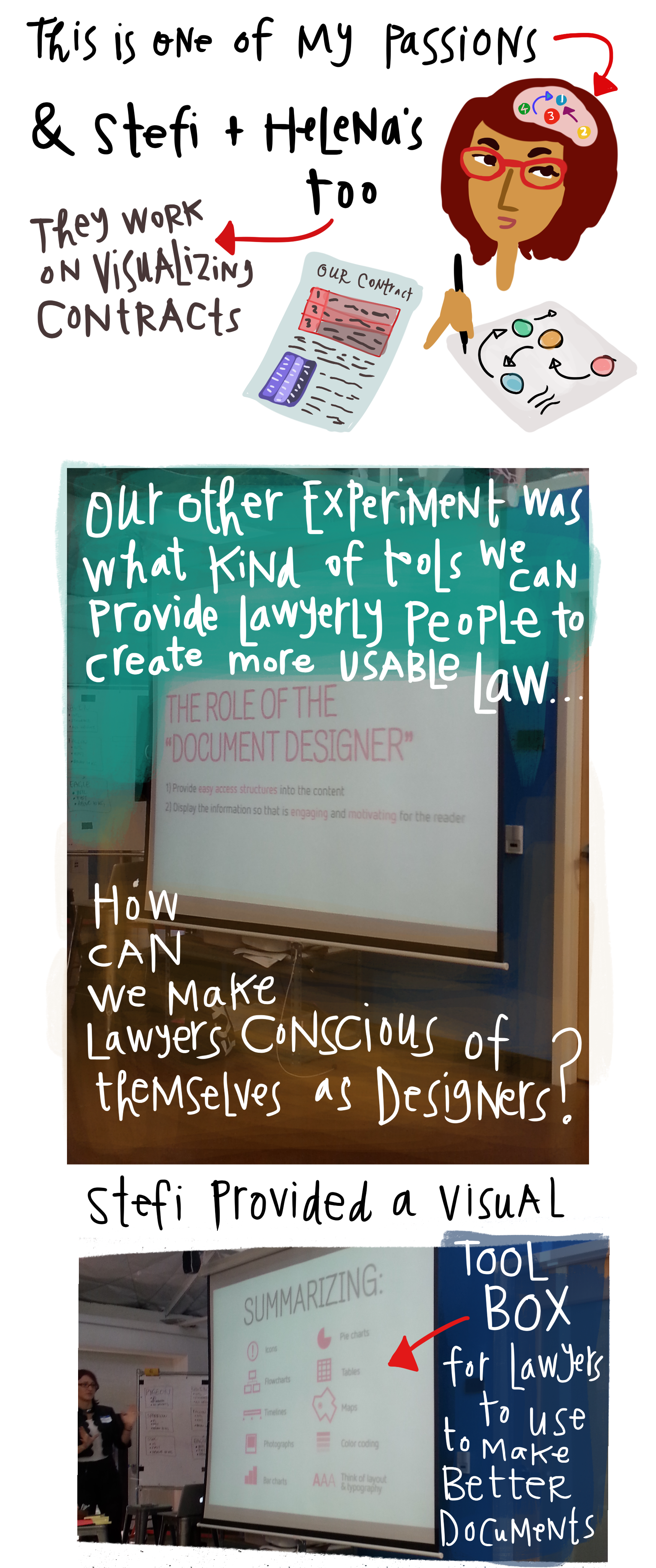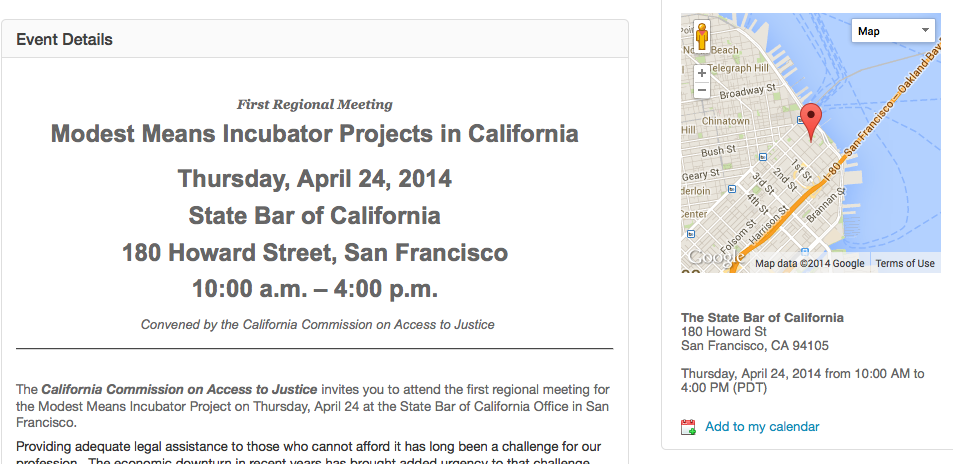Plea Bargaining, Just as it Ever Was? | Mayhew-Hite Report.
Plea Bargaining, Just as it Ever Was?
Cynthia Alkon
Newspaper articles and constitutional scholars have called the recent U.S. Supreme Court cases of Missouri v. Frye and Lafler v. Cooper “landmark” and “game-changing” as the cases held that defendants have a right to competent assistance of counsel during plea bargaining. Beyond the constitutional and appellate court implications, will these cases make a difference in the day-to-day practice of plea bargaining? My first reaction, as a former Deputy Public Defender in Los Angeles was to scoff and say, “no way!” Any competent defense lawyer knows better than to do as Frye’s lawyer and fail to convey an offer, which is a basic ethical duty of all lawyers. Likewise, every first-year law student should understand how wrong Lafler’s lawyer was to advise his client that the prosecutor would not be able to prove an attempted murder charge because the four shots he fired landed below the victim’s waist and not above. However, on further reflection, I think these cases may lead to some changes in plea bargaining practice, in large part due to how judges and prosecutors are reacting.
Plea bargaining is a highly informal and unregulated form of negotiation. Some courts and prosecutors have standard policies. But, usually what is a “standard deal” on particular types of cases, such as drug possession or drug sales, depends more on geographic location than on any other single factor. Deals can vary greatly within the same county and the same state and between the state and federal systems. In general, contrary to the highly adversarial atmosphere on TV and in movies, criminal plea negotiations are likely to be cooperative as both the defense lawyer and prosecutor tend to be repeat players. However, plea negotiations also often involve hard bargaining tactics. “Take it or leave it” offers and deadlines to accept the deal are common. For example, Frye’s offer that the prosecutor would reduce the charge to a misdemeanor expired before it was conveyed by his lawyer. The biggest pressure on the defendant is the “trial penalty” which means that if the defendant goes to trial and is found guilty the sentence will be much higher than the offered plea deal. The trial penalty is often worse in jurisdictions with sentencing guidelines and mandatory minimums. The reality of plea bargaining is that the defense often has little leverage in the negotiation and is left with the bad option of accepting the offer from the prosecutor or the worse option of going to trial.
Until the cases of Lafler and Frye, most prosecutors and judges did not worry too much about the quality of the defense during plea negotiations. Guilty pleas, once entered, were nearly impossible to overturn. And, it was commonly understood that rejecting a plea deal would not be grounds for a motion to get that deal back after a conviction at trial. The Lafler and Frye decisions mark the end of that easy confidence that plea bargains once accepted or rejected will not be overturned on appeal. It seems that prosecutors and judges are those who are the most concerned about this newfound uncertainty.
One U.S. Attorney in the Western District of Tennessee has already filed a motion requesting not only that the plea offer be clearly stated on the record, but also that the defense state the content of “any plea related discussions” including the “attorneys’ advice to their clients.”[1] The motion recognizes that these discussions could be privileged and concedes that they should be sealed and not shown to the prosecution. Undoubtedly, this will be the first of many motions defense lawyers fight to maintain the confidentiality of their client communications in the plea negotiation process. These kinds of motions demonstrate how little some prosecutors understand about what competent defense lawyers are already routinely doing both in counseling their clients regarding plea offers and in documenting those discussions.
In my experience, for most defendants, the decision to accept a plea is not very difficult or contested. Many cases are not factually complicated, and the defendant is not claiming innocence or even a defense. But, there are times when plea bargaining for a defense lawyer is like trying to save a drowning man. We all understand the danger of getting too close to those who are drowning: in their panic and fear, they may pull their rescuer down with them. Defense lawyers are the only rescuer most defendants have. And, many defendants feel they are drowning. They are facing jail or prison, they are facing criminal convictions, and they rarely have an escape (a defense). Some defendants react by lashing out at their lawyer and trying to pull them down too. The short time frames of criminal cases exacerbate the problem as it is often not long enough to build a good attorney-client relationship, particularly when the starting point for many defendants is to distrust their court appointed lawyer. (In most jurisdictions, the vast majority of defendants cannot afford a lawyer.) In addition to distrust, heuristics and biases are also a factor as defendants may be overconfident about their chances of success at trial or not believe that they could get “that much time” in prison. Every defense lawyer has extensive experience counseling clients about why the plea deal may seem bad, but going to trial could be much worse. Yet, every defense lawyer has stories of clients who refuse the deal, go to trial, are convicted, and are serving much longer sentences. Nearly every defense lawyer also has stories of complaints filed against them in the state bar (being sued for malpractice is far less common).
The defense lawyers I have spoken to around the country after the Supreme Court decided Lafler and Frye have told me “nothing has changed” and “it is business as usual.” In reality, competent defense lawyers have always done what the Lafler and Frye cases demand because they are competent and because they want to protect themselves in the event of disciplinary action by the state bar. So, for plea deals that go through and for those that are rejected, competent defense lawyers document what they have done in case of such complaints. In my practice, that documentation included my notes on the case, and, occasionally, when the defendant rejected the plea deal, a statement on the record in open court about the offered deal, usually in response to questions by the judge. Some lawyers, I have spoken to in Texas, take their clients on voir dire, in open court and on the record, to establish that they understand the plea offer, that they are rejecting it, and that they understand the maximum if convicted at trial.
It seems likely that Lafler and Frye will only add to the pressures on defense lawyers in the short term. That pressure will likely focus on making a record to protect against appeal, but will equally likely not focus on the problem of incompetent assistance of counsel. Forcing defense lawyers to divulge confidential communications is unlikely to deter those who are already lying to their clients or otherwise failing to do their jobs. And, in the few weeks since Lafler and Frye were decided, the focus seems to be on protecting the record and closing off future appeals rather than the broader focus of protecting a defendant’s right to competent assistance of counsel during plea bargaining. Hopefully that will come later, although it may only be through the process of appellate courts slowly defining what is competent assistance of counsel in negotiation. For over 90% of defendants in this country, entering a plea of guilty is the final stage of their criminal case; the decisions in Lafler and Frye recognize that what lawyers do during plea negotiations can be subject to appeal, regardless of whether the case ultimately goes to trial. The open question is whether the Supreme Court will agree to hear more of these cases and ultimately provide not only clearer guidelines concerning competent assistance of counsel during plea bargaining but also regulation of the plea bargaining process itself. In the meantime, it seems likely that judges and prosecutors will require additional steps in the plea bargaining process to try to shut down future appeals and in some cases, make it tougher for plea deals to go forward.
[1]DOJ’s Lafler/Frye Motion Goes Too Far, April 4, 2012, White Collar Crime Prof Blog, http://lawprofessors.typepad.com/whitecollarcrime_blog/2012/04/dojs-laflerfrye-motion-goes-too-far.html, direct link to the motion, http://lawprofessors.typepad.com/files/motion-pursuant-to-lafler-and-frye-1.pdf.



